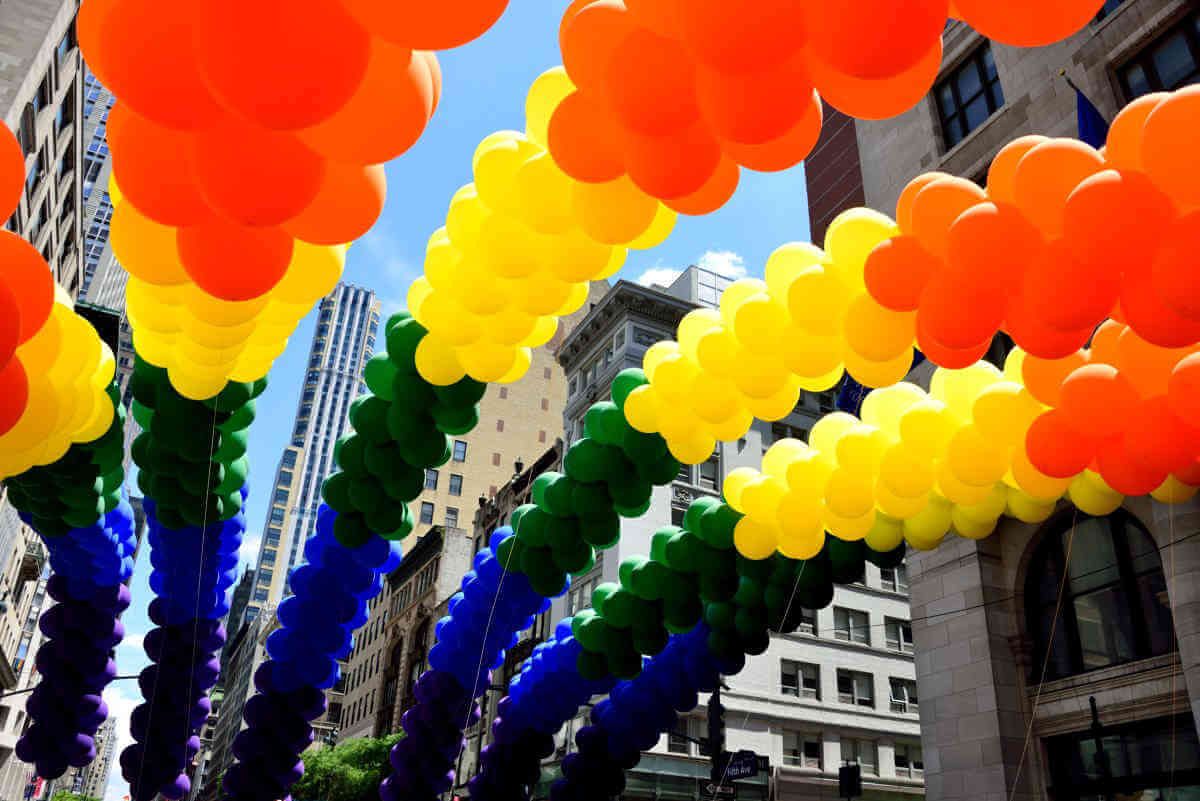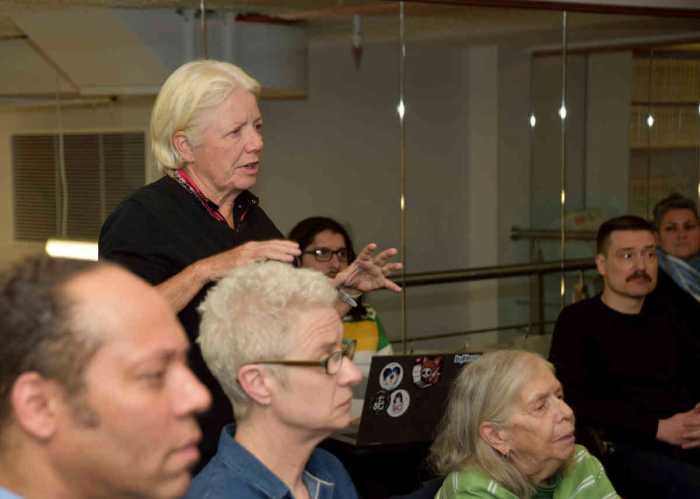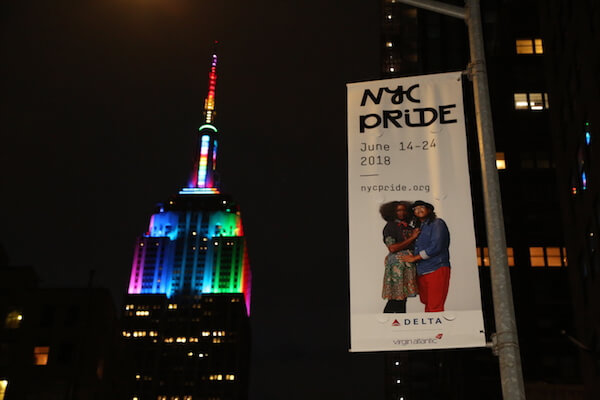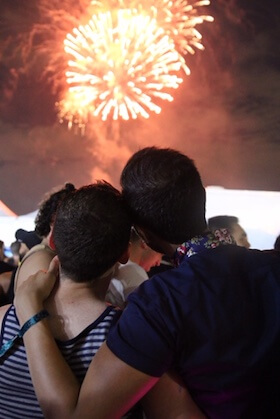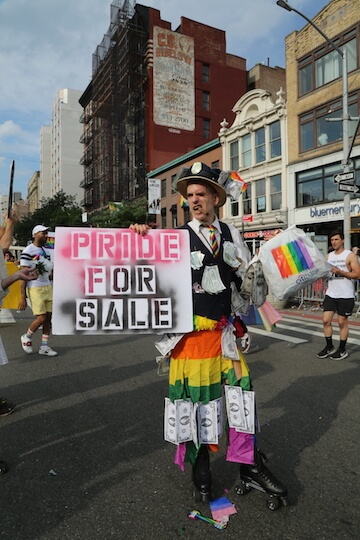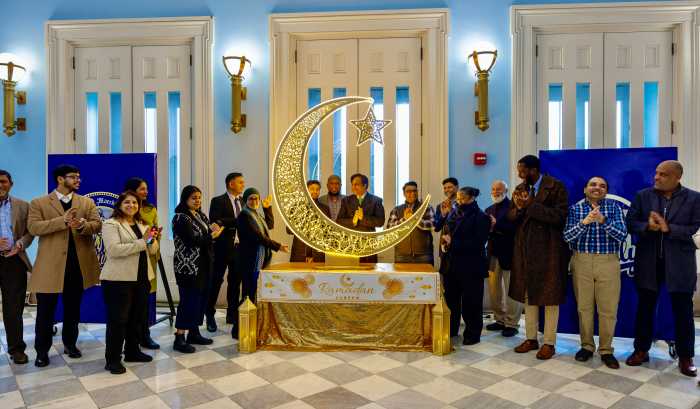Nobody seems to know exactly how New Yorkers will celebrate Pride this year on the 50th anniversary of the first Christopher Street Liberation Day March.
The coronavirus pandemic has forced many LGBTQ communities around the world to swiftly postpone their Pride Marches this year, but there are no such plans — not yet at least — in New York City, home to the nation’s largest Pride celebration and the world’s worst-hit city during the ongoing COVID-19 crisis.
Officials at Heritage of Pride (HOP), which produces the city’s annual Pride March and related events, have not made any announcements about rescheduling the city’s June 28 main event and they remain tight-lipped about the status of Pride plans with just over a month to go until Pride Month kicks off. It is also unclear how other related events slated throughout Pride Month — including major celebrations in Brooklyn and Queens — will be handled.
“NYC Pride’s concern, first and foremost, is the safety of those who attend our events and programs,” Claudia Garib, HOP’s communications director, told Gay City News in an email on April 14. “We continue to monitor the situation in New York closely as well as anticipate the potential impact as we approach June. We will keep you informed as we have any information or updates.”
That statement tracks the release the group posted on its website on March 13, days before Governor Andrew Cuomo announced a “PAUSE” on most non-essential public activities in the state.
Even as curves begin to flatten and coastal states launch a coordinated regional plan to gradually reopen local economies, it is all but certain that the city would not be willing or able in June to accommodate the enormous crowds Pride events draw — even in the outer borough celebrations, never mind in Manhattan. The virus continues to take a devastating toll on New York City, where more than 10,000 deaths have been recorded, and Mayor Bill de Blasio has vowed to keep city schools — originally scheduled to run through June 26 — closed for the remainder of the academic year.
As Heritage of Pride organizers play it close to the vest, many other metropolitan areas have announced that Pride will not take place as originally scheduled: Los Angeles and Washington, DC, for example, have announced that Pride events will be postponed to dates to be determined in the future, while some other cities — including Dallas and Cleveland — have picked new dates for Pride. Other locations, including San Francisco, Boston, and Toronto, have canceled Pride altogether this year.
Some smaller Pride events, such asWashington DC’s Black Pride events slated for Memorial Day weekend, have also been scrapped.
New York is not alone, however. Chicago, for example, has also yet to make a determination regarding that city’s 2020 Pride March. But even there, Chicago’s Pride in the Park festivities, complete with stages and live performances, have been canceled for the year.
There are, of course, risks associated with settling on new dates for Pride events when it remains unclear when the virus will dissipate or to what extent restrictions will eventually be lifted. Social distancing guidelines could persist and Pride events are known to attract thousands or, in the case of larger metro areas like New York, millions of people in tight spaces.
To address the postponements already announced, virtual Pride celebrations are being planned. InterPride and the European Pride Organizers Association announced earlier this month that they are in touch with Pride groups across the globe on a joint livestream Pride event for June 27 that will feature music, speeches, and more.
“We need community and connection more than ever,” J. Andrew Baker, co-president of Interpride, said in a written statement about the June 27 virtual event. “This gives us an opportunity to both connect and celebrate the LGBTQIA+ community’s resilience in the face of this pandemic and the true spirit of Pride.”

